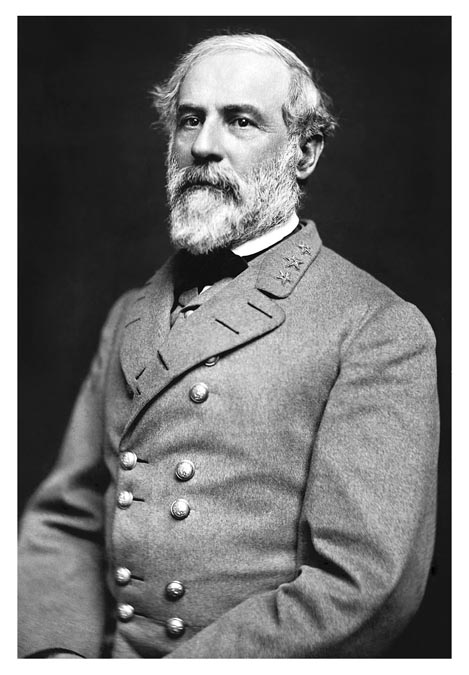

“We here highly resolve that these dead shall not have died in vain that this Nation, under God, shall have a new birth of freedom, and that government of the people, by the people, for the people, shall not perish from the earth.” President A. Lincoln, Gettysburg Address, November 19, 1863.
There they came.
July 1-3, 1863.
Men wearing silent faces on their march to Gettysburg, Pennsylvania.
Their profiles face a ridge of trees from the South; men who were dusty, dirty, and hungry. ragged regiments going toward certain death.
The Battle of Gettysburg marked the turning point of the Civil War. With estimated casualties of more than 50,000, the three-day engagement was the bloodiest single battle of the conflict.
The land west was a series of ridges similar to waves in the earth. The first Rebel infantry came in that way down the narrow grey road from the mountain gap. The streets below them were empty. The day was hot with the sky a steamy haze. General George Meade would sit on a rail fence when he watched darkness descend. He had yet received no word from the patrols.
Finally, news. General Robert E. Lee was coming this way.
Following a year of defensive victories in Virginia, Lee’s objective was to win a battle north of the Mason-Dixon line in the hope of forcing a negotiated end to the fighting. Instead, the defeated general fled south with a wagon train of wounded soldiers. Union general Meade failed to pursue the retreating army, and missed a critical opportunity to trap Lee and force a Confederate surrender. This bitterly divisive war would rage on for another two years.
Some, indeed, considered it a holy war. Some did not think much of the Cause. This War had come as a nightmare. A nightmare in which sides were chosen. It came as a shock that the boys they were fighting were boys they had grown up with.
War is Hell.
A Juggernaut.
There was now a cold rain across the treetops. Scouts reported that Union troops, two calvary brigades, were in Gettysburg. Lee had a rushing sensation of human frailty, death like a blowing wind. Lee had sworn to defend. Now he would defend. “God let it be over soon,” General Lee thought.
The barefoot, sun-burned, emaciated army poured toward the great fight. Lee prayed, closing his eyes, “Blessed be the Lord, my strength. Which teach my fingers to fight and my hands to war. Amen.”
He began to ride toward the sound of the guns.
Shots. Volleys. Silence. Cool air. Another long silence. Canon shells burst in the air. Blood and death followed. So much death. Lee’s army lost 28,000 men, more than one-third of his troops and 569 tons of ammunition were used by both armies. More than 5,000 horses and mules died in the three days of carnage at Gettysburg. Union losses numbered 23,000.
The long horrors of this war brings Lee to request to be relieved of command. His request is denied. He serves until the end. He asks Congress for pardon which is never given. General Lee dies of heart disease in 1870.
The Union is ultimately victorious.

